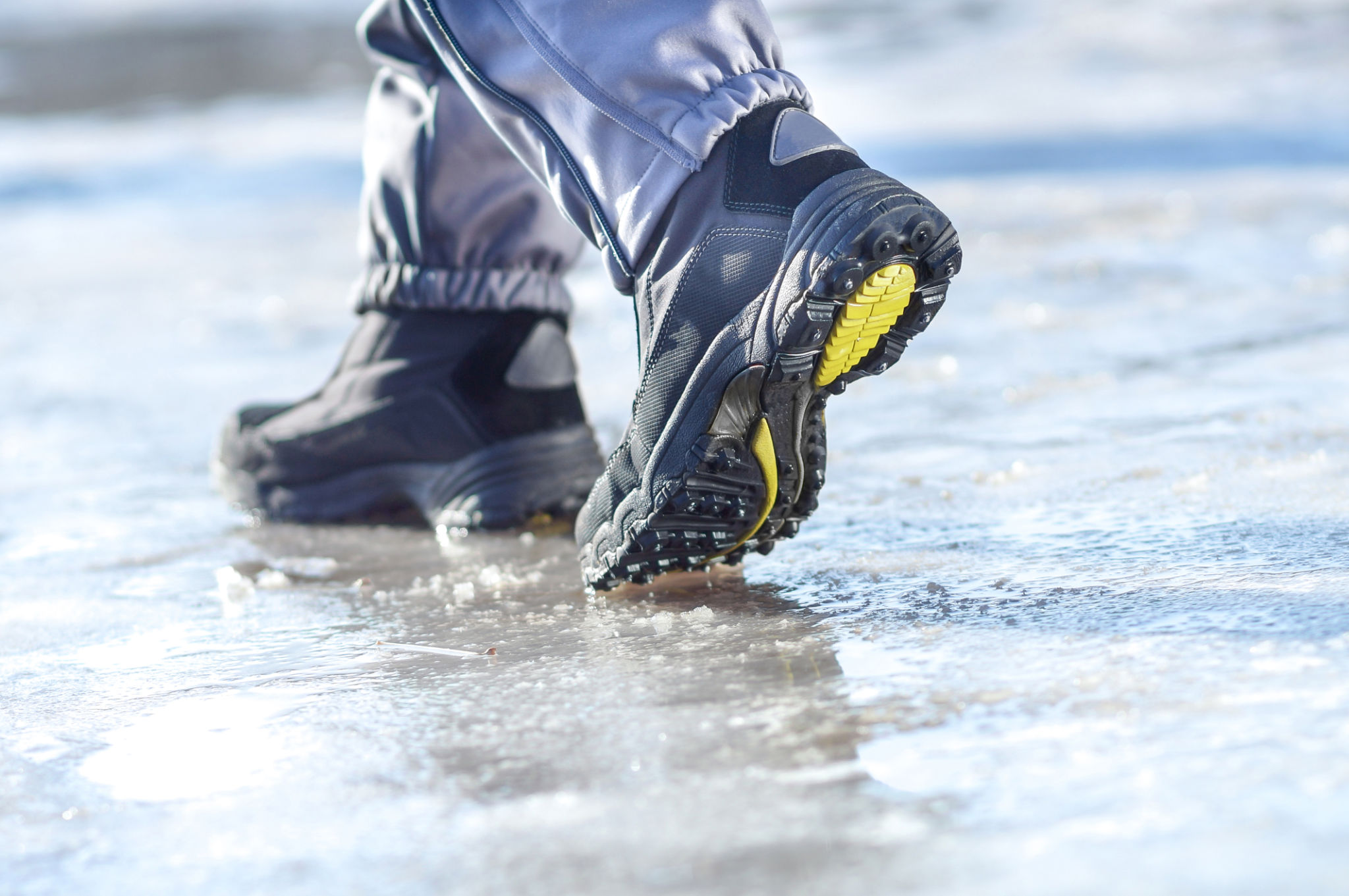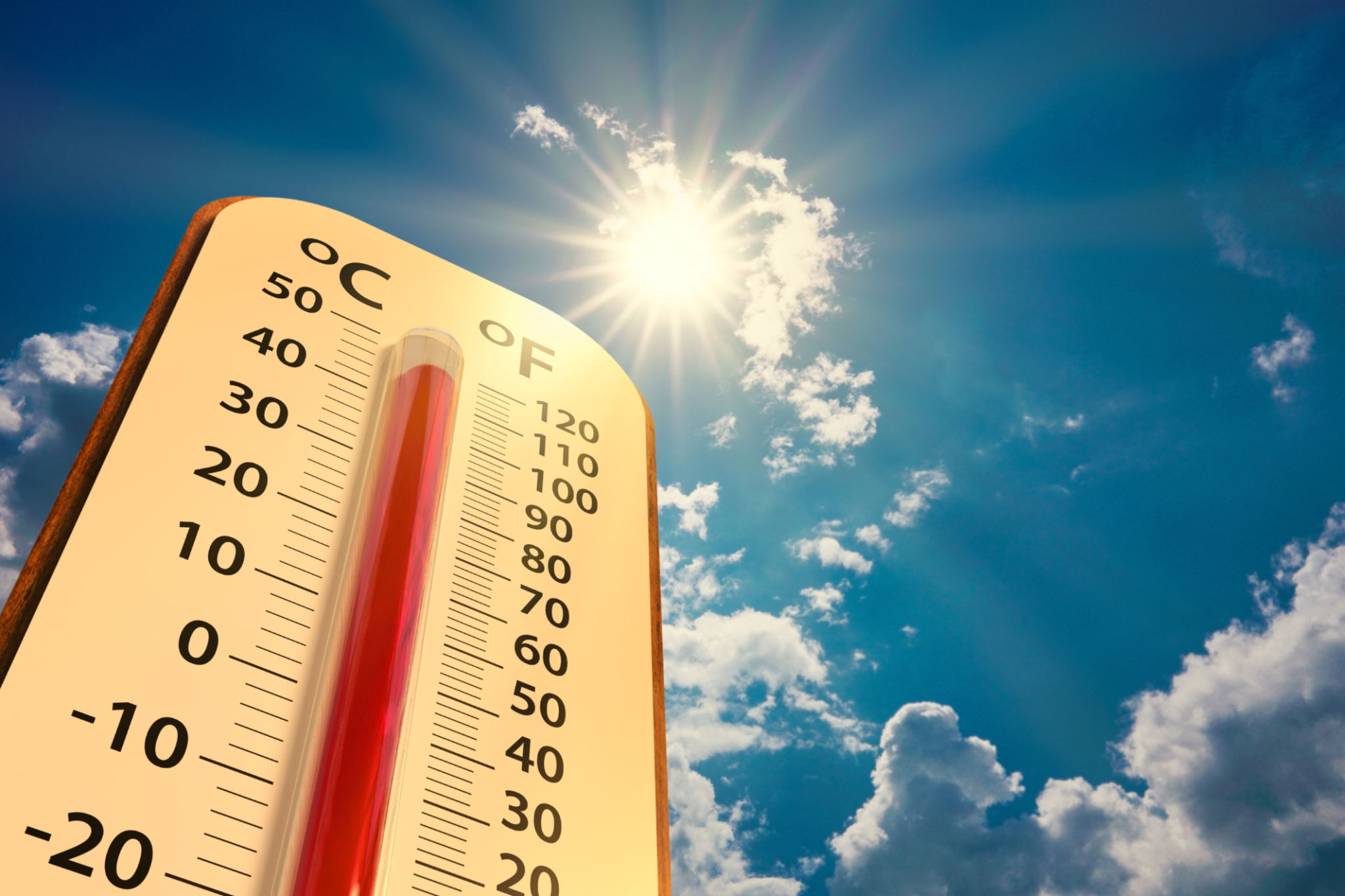The Role of Seasonal Weather in Fire Escape Safety in NJ
The Importance of Understanding Seasonal Weather
In New Jersey, the changing seasons bring a variety of weather patterns that can significantly impact fire safety measures. As residents and business owners prepare their properties for different weather conditions, it is crucial to consider how these changes can affect fire escape plans and overall safety.
Seasonal weather variations, such as snow in winter or thunderstorms in summer, can pose unique challenges. Understanding these factors and their potential impact on fire escape safety is essential for ensuring preparedness throughout the year.

Winter: Snow and Ice Hazards
The winter months in New Jersey are often characterized by heavy snowfall and icy conditions. These elements can obstruct fire escapes, making them difficult to access in an emergency. It is vital to regularly clear snow and ice from escape routes to ensure they remain usable at all times.
Additionally, the weight of accumulated snow can damage fire escape structures, leading to potential safety hazards. Regular maintenance checks should be conducted to ensure that all components are in good condition and can withstand the winter weather.
Tips for Winter Fire Escape Safety
- Regularly clear snow and ice from fire escapes and surrounding areas.
- Conduct maintenance checks on structures to ensure stability.
- Consider using ice melt products to prevent slippery surfaces.

Spring and Fall: Rain and Wind Challenges
Spring and fall in New Jersey often bring heavy rains and strong winds. These conditions can lead to water damage or debris accumulation on fire escapes. It is important to keep drains clear and inspect escape routes for any signs of wear or damage caused by water exposure.
Wind can also be a concern, as it may affect the structural integrity of outdoor fire escape systems. Regular inspections and maintenance are crucial during these transitional seasons to ensure all safety measures are intact.
Ensuring Safety During Rainy Seasons
- Ensure drains and gutters are clear to prevent water buildup.
- Inspect fire escapes for rust or corrosion caused by moisture.
- Secure any loose components to withstand strong winds.

Summer: Heat and Fire Risks
The summer months introduce their own set of challenges, with high temperatures increasing the risk of fires. Dry conditions can accelerate the spread of fires, making it imperative to have a well-prepared escape plan in place. Residents should be aware of these risks and take proactive measures to ensure safety.
Regularly inspecting fire escape routes for any signs of heat damage, such as warping or weakening materials, is essential. Additionally, practicing fire drills during this season can help ensure everyone knows the quickest and safest routes out of the building.
Proactive Summer Safety Measures
- Inspect fire escapes for heat-related damage regularly.
- Conduct fire drills to familiarize everyone with escape routes.
- Keep vegetation trimmed back from buildings to reduce fire risk.

The Role of Community Awareness
Community awareness plays a vital role in enhancing fire escape safety across New Jersey. By understanding the impact of seasonal weather on fire escape systems, communities can work together to promote best practices and share resources for maintaining safety throughout the year.
Engaging in community workshops or safety seminars can help spread knowledge and encourage proactive measures among residents and business owners alike. Staying informed and prepared is key to ensuring everyone's safety in the face of New Jersey's diverse seasonal challenges.
